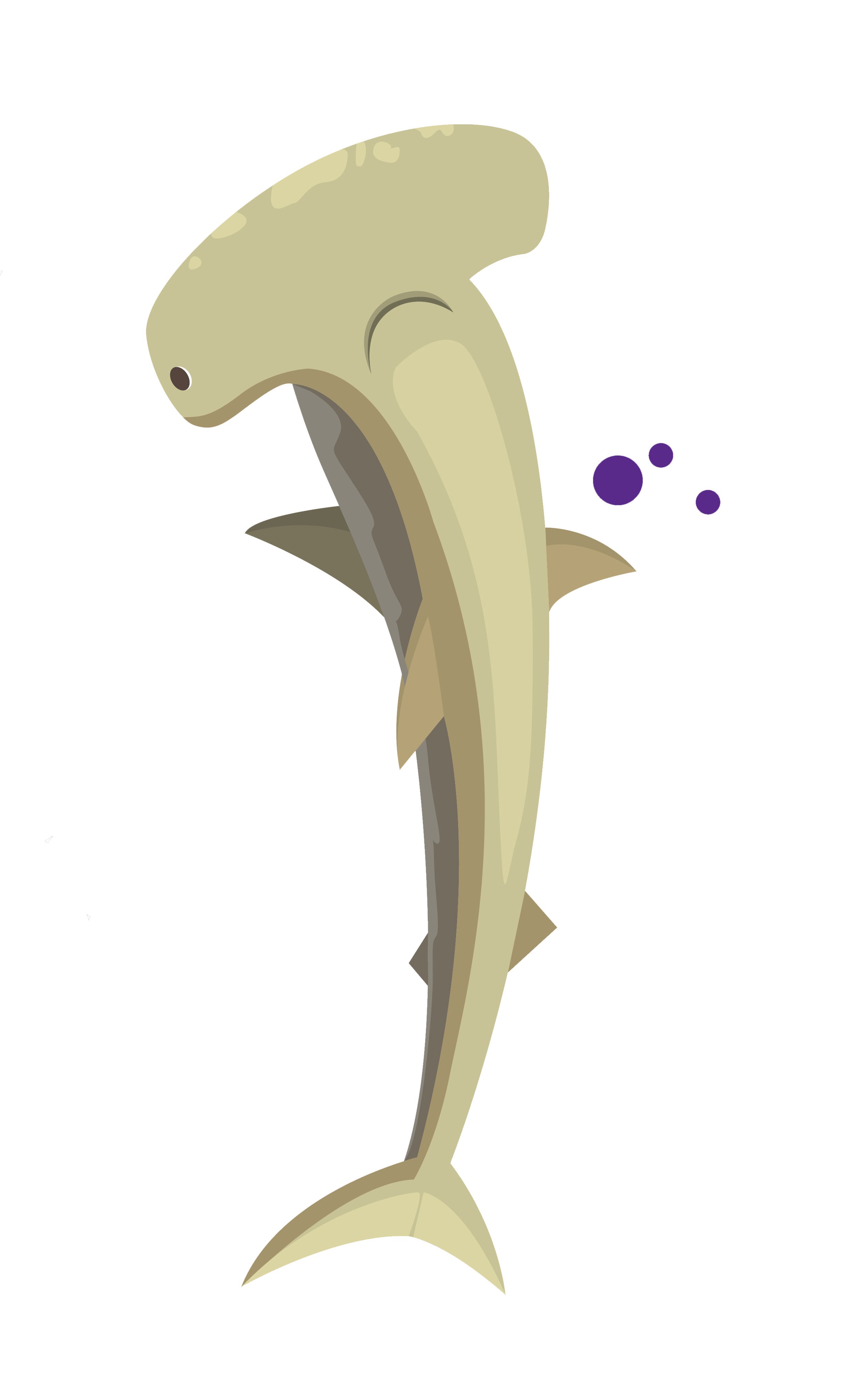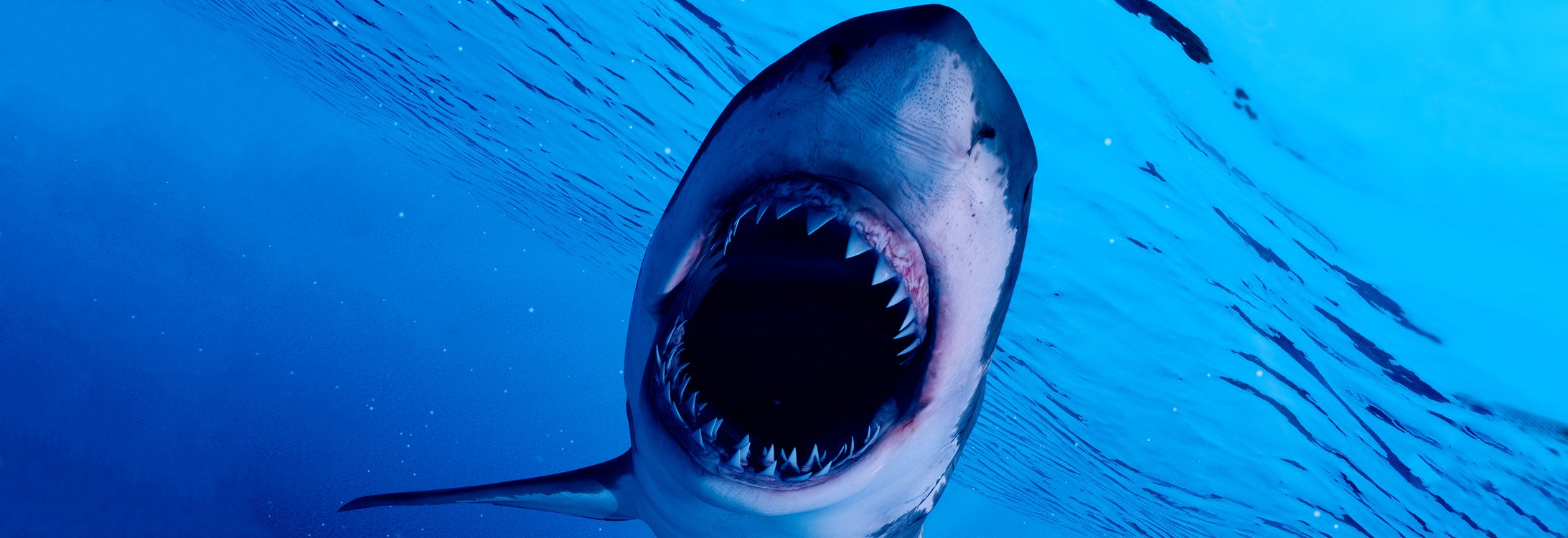FINS TO THE LEFT
Shark Week highlights power, mystique of aquatic predators
 When 17-year-old Paige Winter was attacked by a shark in Atlantic Beach in early June, quick action by her father, followed by expert care from Brody School of Medicine surgeons at Vidant Medical Center, helped save her life. Winter’s case was followed by two less severe incidents along the North Carolina coast in June.
When 17-year-old Paige Winter was attacked by a shark in Atlantic Beach in early June, quick action by her father, followed by expert care from Brody School of Medicine surgeons at Vidant Medical Center, helped save her life. Winter’s case was followed by two less severe incidents along the North Carolina coast in June.
As the nation’s attention turns seaward during Shark Week, East Carolina University faculty and staff continue work aimed at better understanding of the ocean’s apex predators, the impact of environmental changes on their behavior, and how to minimize the severity of injuries when attacks do occur.
In the pages below:

SHARING THE SEAS: ECU alumnus Dr. Charles Bangley, postdoctoral fellow at the Smithsonian Environmental Research Center, who studied sharks and shark habitat in North Carolina’s sounds as a graduate student, offers insights on shark behavior and pointers for beach and ocean safety.

STOP THE BLEED: Dr. Skip Robey, assistant dean at the Brody School of Medicine, provides methods for stopping a victim’s bleeding as soon as possible, which can significantly improve medical outcomes for trauma victims.

SHARKS AND SHIPWRECKS: Mark Keusenkothen, ECU’s director of diving and water safety, outlines a project that tracks individual sand tiger sharks and their movement near shipwrecks off the North Carolina coast.

CARE AND COURAGE: Surgery professors from the Brody School of Medicine who helped treat Winter discuss her case and the outlook for her recovery.
